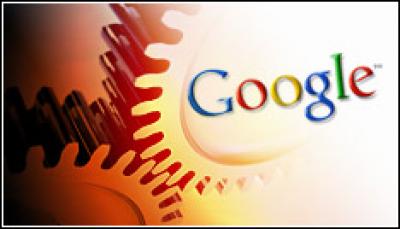Is It Wise Or Fair To Break Up Google?

Consumer Watchdog wants to split Google into several companies to stem the search giant’s monopoly, but such an action could be both untenable and unjust
A Google spokesperson addressed this demand for eWEEK: “We totally understand that with size and success comes scrutiny. Although given their track record, even if we broke Google in half tomorrow, Consumer Watchdog would probably insist that we split halves into quarters.”
Breaking up the company is untenable
Google’s gallows humor aside, breaking up the company is untenable. Google wouldn’t make any money. With the exception of search and YouTube, which are popular all over the world, the other services wouldn’t survive.
More than 97 percent of Google’s revenues come from advertising related to keyword advertising paired with its search engine. Separate those two and Google couldn’t support the free services such as Gmail, Buzz or Google Apps, which is offered in free and enterprise versions.
YouTube, by dint of its millions of users, may stand on its own because it is building a display ad business. Gmail, like Google’s search, features keyword advertising.
As for Google Apps, there are many online collaboration suites that already don’t make money that get bought out by other businesses looking to plug holes.
What about Microsoft?
There is another issue to consider. Microsoft, which was found to be engaging in anticompetitive practices for bundling Internet Explorer with its Windows operating system, was not broken up a decade ago.
A federal appeals court in June 2001 smacked down a lower court’s ruling that Microsoft be broken into two companies as a remedy for anticompetitive practices.
If a court could not see fit to break up a convicted monopolist, then how could anyone expect the DOJ to break up Google, which has not been formally accused of such transgressions?
Simpson also argues Google’s importance as a gateway to the web means that the company should be regarded as a public utility and regulated. This is a possibility, but will the DOJ be convinced Google is a utility the way, say, water and electricity are treated in the United States?
Has the Information Age progressed to the point where services provided by Google are as vital to consumers as water and heat? That is an interesting argument.
Failing these solutions, Simpson asked the DOJ to heavily tax Google with financial penalties. “Perhaps the amount could be tied to paying back consumers for monetising their private information and content without compensating them.”